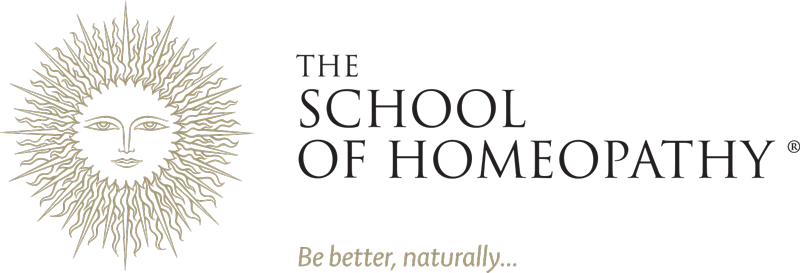Colic refers to episodes of excessive, inconsolable crying in infants, typically occurring in the first few months of life. It is often characterised by intense abdominal pain, irritability and difficulty in soothing the baby.
Homeopathy is a holistic system of medicine that works on the principle of “like cures like.” It uses highly diluted substances to stimulate the body’s own healing mechanisms. Homeopathic remedies can be effective in addressing anxiety by addressing the underlying causes and promoting overall well-being.
Here are seven commonly used homeopathic remedies for colic:
1. Chamomilla
Recommended for colic associated with extreme irritability and restlessness. The baby may seem angry, demand to be carried and experience relief when rocked gently. Read more…
2. Colocynthis
Indicated for colic characterized by severe, cramping abdominal pain that improves with pressure or hard pressure. The baby may draw up the legs and may find relief from warmth. Read more…
3. Magnesia phosphorica
Suitable for colic with spasmodic, cramping pains that are relieved by warmth and gentle pressure. The baby may feel better with bending double or heat is applied. Read more…
4. Nux vomica
Recommended for colic associated with irritability, restlessness and sensitivity to external stimuli. The baby may have a tense abdomen and may experience relief after passing gas or a bowel movement. Read more…
5. Dioscorea
This is indicated for colic with severe, twisting abdominal pain that improves by bending backward. The baby may arch the back to seek relief.
6. Carbo vegetabilis
A remedy suitable for colic with bloating, distension, and flatulence. The baby may have a weak digestion, feel chilly and experience relief from passing gas. Read more…
7. Cina
Recommended for colic with intense irritability, abdominal distension and a sensation of worms crawling in the abdomen. The baby may be extremely restless and may grind their teeth during sleep. Read more…
Natural ways to help colic heal:
1. Soothing techniques: Try gentle rocking, swaddling or carrying the baby in a baby sling to provide comfort and relief.
2. Calm environment: Create a calm and quiet environment, minimizing excessive noise and bright lights, to help soothe the baby.
3. Warmth: Apply a warm compress or provide a warm bath to help relax the baby’s tense muscles and ease discomfort.
4. Burping: Make sure to burp the baby after feeding to release any trapped air that could contribute to colic.
5. Probiotics: Consult with a healthcare professional about the use of probiotic supplements or incorporating probiotic-rich foods to support the baby’s digestive system.
6. Breastfeeding adjustments: If breastfeeding, consider avoiding certain foods in the maternal diet that may contribute to colic symptoms, such as caffeine, spicy foods or dairy products.
7. Parental support: Seek support from a healthcare professional or join a colic support group to share experiences and receive guidance on coping strategies.
It is important to consult with a healthcare professional for a proper diagnosis of colic and guidance on the appropriate use of homeopathic remedies. They can provide individualized advice based on the baby’s specific needs and ensure the well-being of both the baby and the parents during this challenging time.


